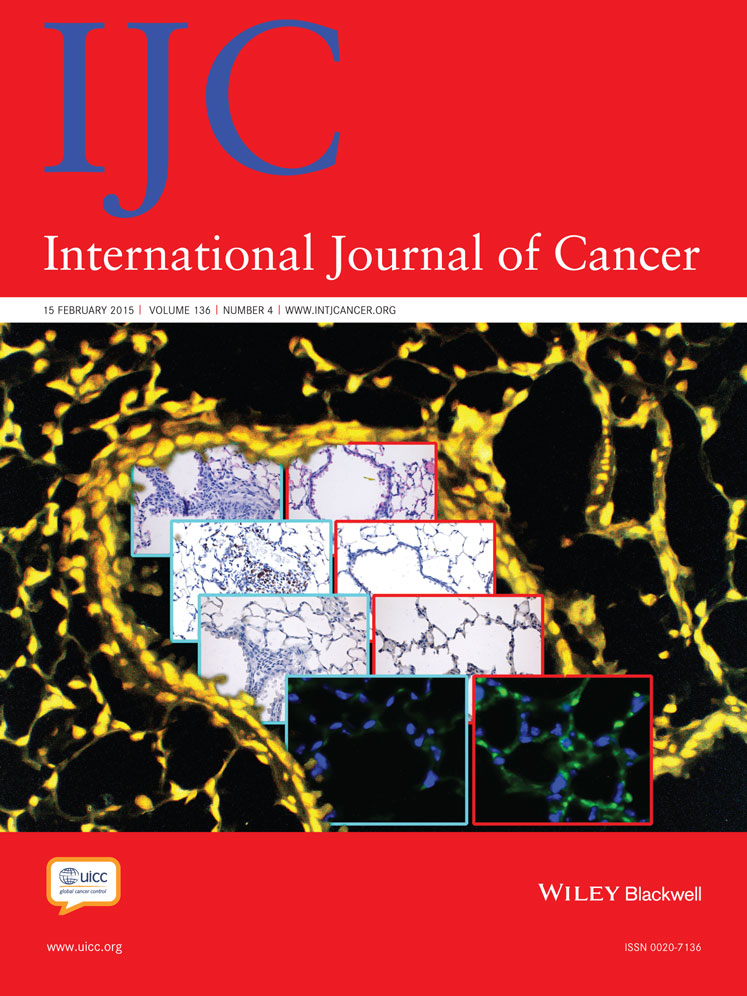IgG1 anti-epidermal growth factor receptor antibodies induce CD8-dependent antitumor activity
Author contributions: J.K. designed and performed experiments, analyzed data and wrote the manuscript; H.J. designed the research study and experiments, supervised the project and wrote the manuscript; M.H. designed and performed parts of experiments; C.A. and C.S.: designed experiments and analyzed data.
Abstract
Anti-EGFR monoclonal antibodies (mAb) like Cetuximab are commonly used for treatment of EGFR+ solid tumors mainly by exerting their therapeutic effect through inhibition of signal transduction. Additionally, IgG1 is a potent mediator of antibody-dependent cytotoxicity (ADCC). In case of the IgG1, Cetuximab induction of ADCC in vivo is controversially discussed. In our study, we investigated the efficiency of Cetuximab-mediated ADCC in a humanized mouse tumor model in vivo and analyzed the contribution of immunologic processes toward antitumor activity. Therefore, we used immunodeficient NOD/Scid mice transgenic for human MHC class I molecule HLA-A2 and adoptively transferred human HLA-A2+ PBMC after engraftment of human epidermoid cell carcinoma A431. Here, we show that high doses of anti-EGFR mAb induced strong tumor regression independent of the immune system. However, tumor regression by low doses of anti-EGFR mAb treatment was ADCC dependent and mediated by tumor infiltrating CD8+ T effector cells. This novel mechanism of ADCC conducted by CD8+ T effector cells was restricted to IgG1 anti-EGFR mAb, dependent of binding to CD16 on T cells and could be inhibited after EGFR blockade on tumor cells. Furthermore, CD8+ T effector cell-mediated ADCC was enhanced in the presence of IL-15 and strongly improved after glycosylation of anti-EGFR mAb indicating the potential of glycoengineered therapeutic mAb as efficient biologicals in cancer therapy.
Abstract
What's new?
IgG1 anti-EGFR monoclonal antibodies like Cetuximab are commonly used for the treatment of EGFR+ solid tumors. The exact mechanisms underlying anti-EGFR mAb-mediated tumor regression and the possible involvement of innate or adaptive immunity, however, remain controversial. This study provides strong evidence that IgG1 anti-EGFR mAb induce the novel mechanism of CD8+ T cell-mediated cytotoxicity. This knowledge may be beneficial for future approaches in cancer therapy. The study also demonstrates that novel humanized mouse models allow the preclinical testing of therapeutic mAb as well as the characterization of their functional crosstalk with human immune cells in vivo.




